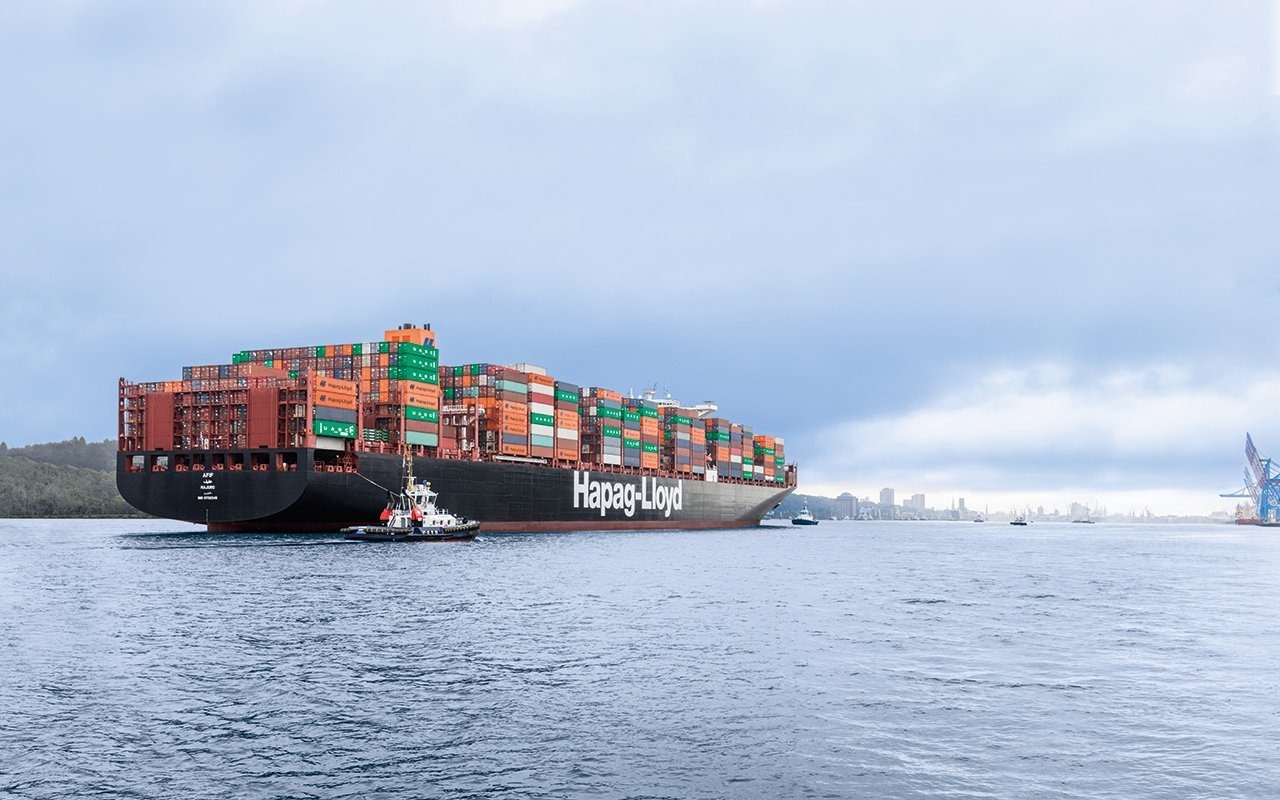
The European Parliament adopted its position on new road transportation rules on April 4, 2019. This Mobility Package now needs to be finalized between the Council, the Commission and the Parliament. It will have a strong impact on road transportation from an economic, social and even environmental point of view.
The Mobility Package on Road Transport, presented by the European Commission on May 31, 2017, has divided the Member countries so much that it has experienced many twists and turns. The European Parliament finally succeeded on April 4th in adopting its position on the revision of the rules for the sector. At the heart of the issues: The Social Framework.
The main changes introduced by the mobility package adopted last week are:
Application of the minimum wage of the country of delivery, from the first day (vs country of origin).
Cabotage operations (i.e. transportation operations in another EU country following a cross-border delivery): Introduction of a time limit (3 days) and a « cooling-off period » for vehicles to be spent in the home-country (60 hours) before heading for another cabotage, to prevent “systematic cabotage”.
Mandatory rest period at the end of the week to be taken in a hotel and NOT in the truck cab, even in secured parking lots.
Companies will have to organise their timetables so that drivers are able to return home at regular intervals (at least every 4 weeks).
All these measures will now be discussed by the Council, the Commission and the Parliament. But there is not much time before the next European elections. The tripartite negotiations are not likely to begin before September 2019.
Haulers from Eastern European countries have expressed their opposition to the Parliament’s vote. Especially in Poland, Hungary, Romania and Bulgarian. Their operational costs will dramatically increase. Wages are already under pressure because of the driver shortage issue. Some also fear a sub-optimization of capacity because of the mandatory driver rest period at home every 4 weeks. Spanish and Portuguese haulers stay silent, although their operations with France and Germany could be deeply affected.
The increase in road transportation prices are therefore expected to continue, regardless of the level of transport activity in 2020.
Road transportation is suffering from an image problem, especially because of the poor working conditions of drivers, facilitated by the lack of harmonization of European rules. In a challenging environment, the European Parliament has sent a strong social message. The driver shortage is a major issue. The current workforce training in the Western countries, and even more in the Eastern countries, will not be enough to cover the upcoming retirements. Let's hope that this new legislative framework opens the way for new vocations.
Photo credit: Image by andreas160578 from Pixabay

Our latest articles
-
Subscriber 3 min 24/02/2026Lire l'article -
Hapag-Lloyd - Zim: a shipping deal with geostrategic implications
Lire l'article -
European road freight: the spot market is stalling
Lire l'article


